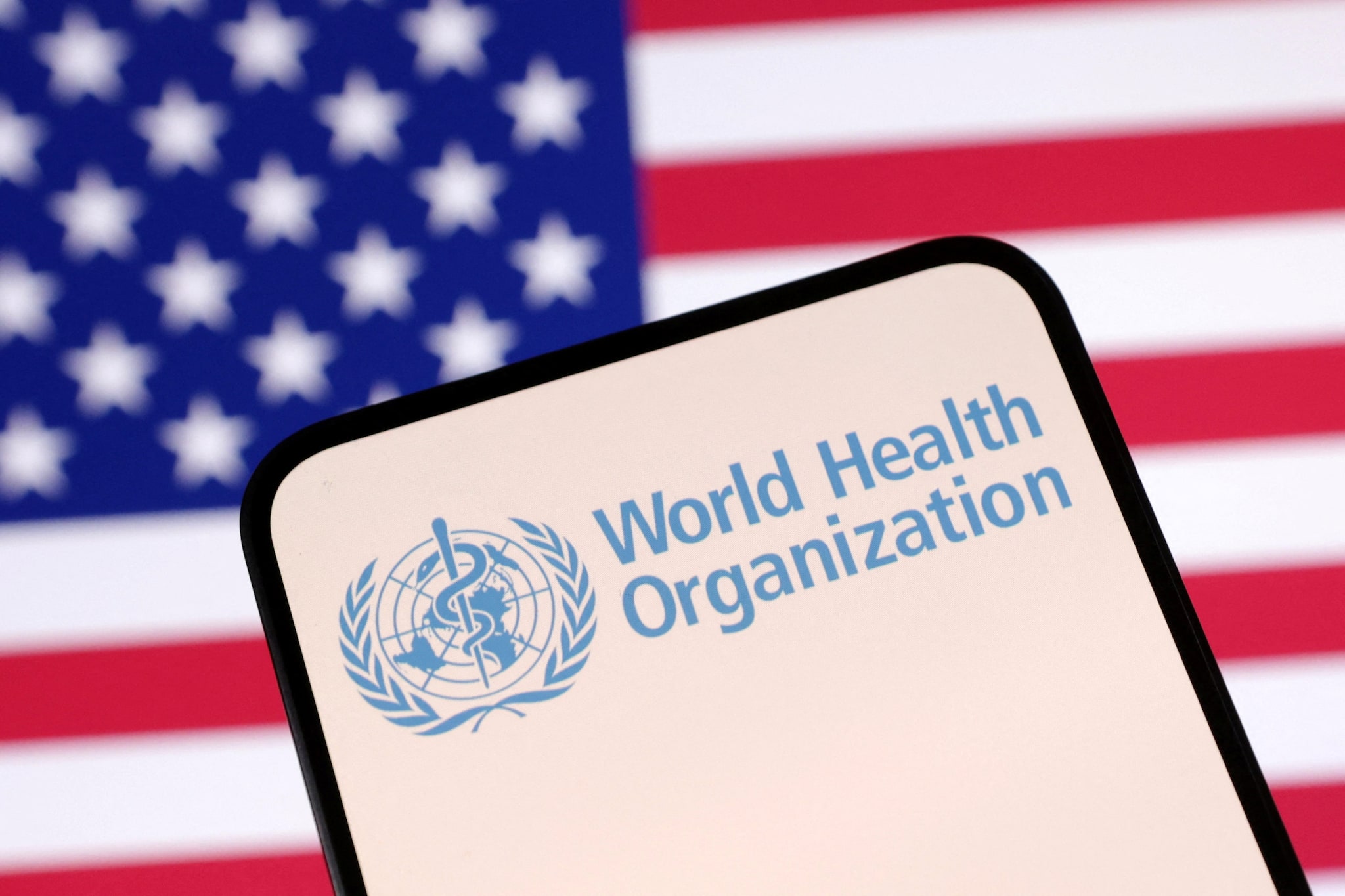WHO's Future Uncertain: Navigating Life Without US Support

The World Health Organization (WHO) faces a pivotal moment as the United States, under President Donald Trump's directive, prepares to withdraw its membership. This year-long process, initiated with an executive order in January, has cast a shadow of uncertainty over the organization's future, prompting a significant reevaluation of its operational model and funding sources. This shift marks a dramatic change, as the US has historically been one of the WHO's largest contributors.
A Historical Perspective: The US and the WHO
For decades, the United States played a crucial role in supporting the WHO's global health initiatives. Financial contributions were substantial, and the US often provided technical expertise and personnel to assist in tackling pressing health challenges worldwide. From combating infectious diseases like polio and malaria to strengthening health systems in developing countries, the US influence was undeniable. The impending withdrawal represents a significant departure from this long-standing partnership.
The Scale-Down Reality: Impact and Challenges
The US withdrawal, coupled with the ongoing COVID-19 pandemic, presents a complex and multifaceted challenge for the WHO. The organization is grappling with reduced funding, increased demands on its resources, and heightened scrutiny regarding its effectiveness. The immediate impact is felt in several key areas:
- Funding Gaps: The loss of US funding necessitates the WHO to explore alternative revenue streams and prioritize programs. This could lead to cuts in essential services and a slowdown in research and development.
- Operational Adjustments: The WHO must adapt its operational model to function effectively with a reduced budget and potentially fewer personnel. This requires streamlining processes, fostering greater efficiency, and exploring innovative partnerships.
- Political Implications: The US departure could weaken the WHO's ability to address global health crises and coordinate international responses. It also raises questions about the future of multilateralism in global health governance.
Finding a Path Forward: Diversifying Funding and Strengthening Partnerships
Despite the challenges, the WHO is actively seeking ways to mitigate the impact of the US withdrawal and secure its long-term sustainability. Key strategies include:
- Diversifying Funding Sources: The WHO is actively engaging with other member states, philanthropic organizations, and the private sector to secure alternative funding. This includes advocating for increased contributions from countries with greater economic capacity.
- Strengthening Regional Offices: Empowering regional offices to take on greater responsibility for program implementation and resource mobilization can enhance the WHO's responsiveness to local needs.
- Fostering Partnerships: Collaboration with other international organizations, NGOs, and research institutions is crucial for leveraging expertise and resources.
- Improving Transparency and Accountability: Addressing concerns about the WHO's governance and accountability is essential for regaining public trust and attracting financial support.
Looking Ahead: A New Era for Global Health
The US withdrawal from the WHO marks a turning point in global health governance. While the organization faces significant hurdles, it also has an opportunity to reinvent itself, strengthen its partnerships, and demonstrate its value as a crucial player in addressing global health challenges. The coming years will be critical in determining whether the WHO can successfully navigate this period of transition and continue to fulfill its mandate of promoting health and well-being for all.





